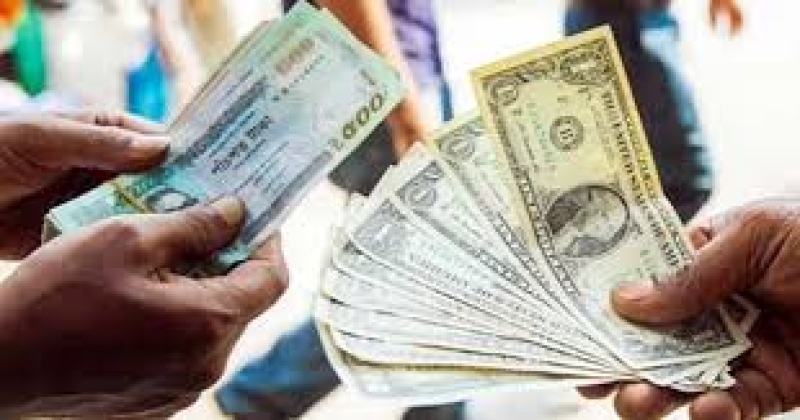- Bangladesh Faces $1.25 Billion Export Loss from US Tariffs |
- Israel Expands Gaza Assault as UN Warns of ‘Genocide’ |
- World Ozone Day Highlights Progress and Future Action |
- DG Health Services gives 12 directives to treat dengue cases |
- Stock market shows recovery as investors back: DSE chairman |
Bangladesh Remittances Hit Record $30.32B in FY2024–25

Photo: Collected
Bangladesh received a record US$30.32 billion in remittances during the 2024–25 fiscal year, marking a 26.8% year-on-year increase and the highest annual inflow in the country’s history.
This growth is attributed to key government initiatives, including a 2.5% cash incentive for remitters, simplified regulations, and efforts to channel remittances through formal banking systems. A peak was recorded in March 2025, when remittance inflows reached US$3.29 billion, driven largely by Eid-ul-Fitr-related transfers.
According to the Finance Division’s macroeconomic policy statement, policy reforms and the introduction of a crawling peg exchange rate helped stabilize the currency and reduce the gap between official and curb market rates, encouraging more expatriates to use legal remittance channels.
Additional support for overseas workers included the inauguration of the ‘Probashi Lounge’ at Hazrat Shahjalal International Airport in November 2024, offering improved facilities such as comfortable seating, subsidized meals, prayer rooms, and baby care services.
The Bureau of Manpower, Employment and Training (BMET) and the Ministry of Expatriates’ Welfare and Overseas Employment (MoEWOE) also expanded training and job placement initiatives through programs like the Skills for Employment Investment Program (SEIP) and Skills for Industry Competitiveness and Innovation Program (SICIP), promoting higher-skilled overseas employment.
Banking sector officials said the rise in remittances reflects a growing preference among workers abroad to use formal banking channels over informal systems such as hundi. They believe this will strengthen Bangladesh’s foreign exchange reserves and help stabilize import payments.
Jianul Islam, an expatriate in the Middle East, said improved services and ease of transactions have encouraged many to send money home through proper channels. He emphasized that continued respect and convenience for remitters, especially at airports, will likely sustain this trend.
Monthly remittance inflows throughout FY2024–25 showed consistent growth:
July: $1.91B
August: $2.22B
September: $2.40B
October: $2.39B
November: $2.20B
December: $2.64B
January: $2.19B
February: $2.53B
March: $3.29B (highest monthly inflow)
April: $2.75B
May: $2.97B
June: $2.81B
The government aims to maintain this momentum by further incentivizing remitters, improving service delivery, and investing in skill development for overseas job seekers.

